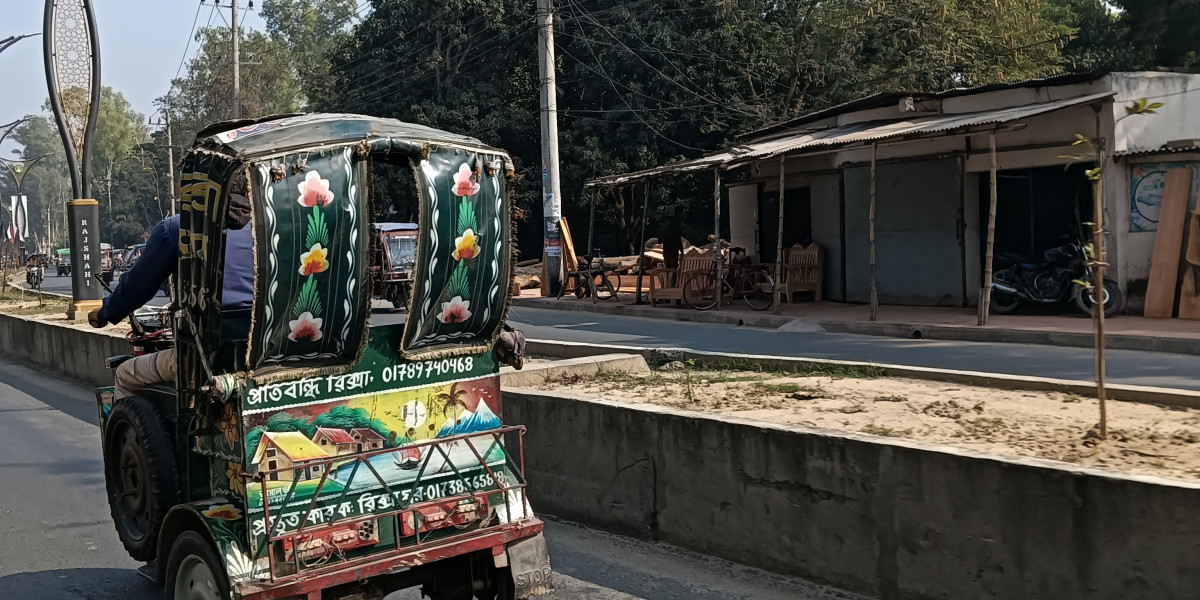1. **Political Environment**:
- **Inclusion Government**: This refers to a government that seeks to include diverse political, social, and ethnic groups in decision-making processes. An inclusion government typically emphasizes unity and attempts to mitigate partisan divisions by involving various stakeholders.
- **Political Crossing (Coalition Politics)**: In Bangladesh, political crossing often means forming coalitions, sometimes unusual or temporary alliances, in order to gain or maintain power. This can be characterized by strategic, rather than ideological, partnerships.
2. **Policy Impacts**:
- **Current Inclusion Efforts**: Policies under an inclusion government may prioritize broad representation and aim to address the needs of minority or disenfranchised groups. There might be a focus on equitable development, education, healthcare, and infrastructure to ensure inclusive national growth.
- **Former Political Crossings**: Policies from coalition governments tend to reflect compromises. While they may address immediate political stability, long-term strategic planning could be affected by conflicts between differing party agendas.
3. **Political Participation**:
- **Inclusion Government**: Promotes wider participation from various groups, potentially leading to more balanced governance and enhanced civic engagement. This may involve reforms to make political processes more transparent and participatory.
- **Political Crossing**: Can lead to varied political participation levels, as coalition partners might have differing visions for civic engagement. The focus may often be on maintaining power, sometimes at the expense of broader engagement.
4. **Societal Effects**:
- **Inclusion Government**: Aims to reduce societal tensions by addressing the root causes of exclusion and marginalization. This can lead to a more cohesive and harmonious society with reduced ethnic, religious, or political tensions.
- **Political Crossing**: May temporarily reduce political tensions by bringing together diverse groups, but underlying conflicts might persist if not addressed through genuine inclusion efforts.
Overall, while both models seek to stabilize governance and promote development, the inclusion government tends to prioritize genuine representation and long-term cohesion, whereas political crossing often focuses on short-term stability through strategic alliances. The effectiveness of either approach depends on the willingness of political leaders to engage in sincere dialogue and address underlying societal issues.



















































